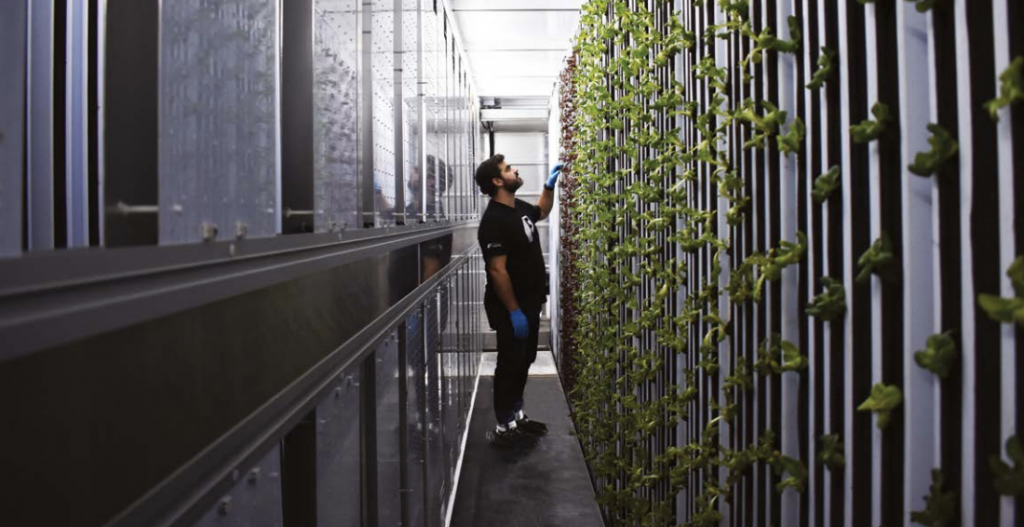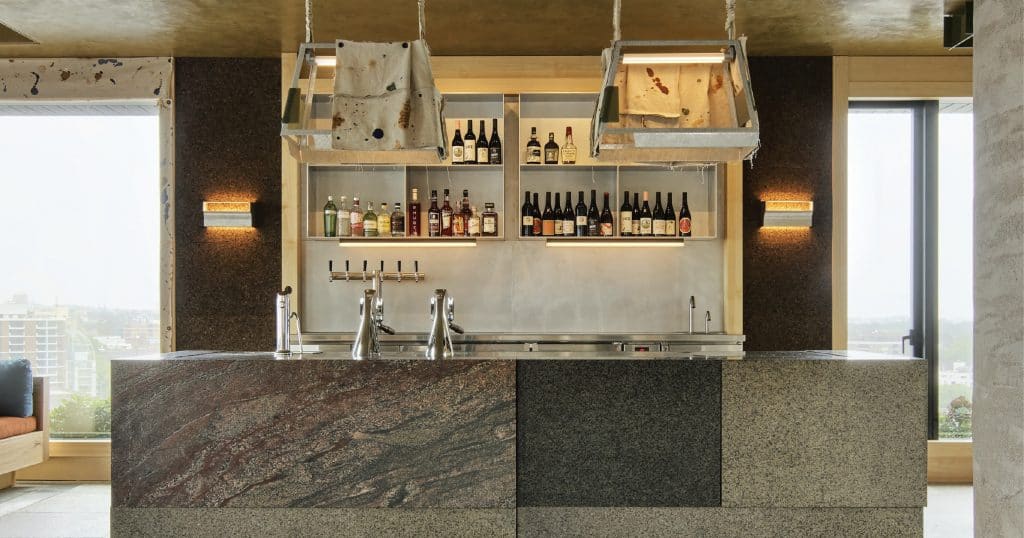
Those that spend a certain amount of time on the internet have definitely encountered the term ‘metaverse’ a lot recently. However, if you, like me, are a little tired of buzzwords, you may not actually know what that term exactly refers to. You might not even want to know. I don’t blame you, but I’m still here to tell you that it is time you get familiar with the metaverse.
Very simply put, the metaverse is the name given to a network of virtual 3D environments through which one can move. As a concept, the metaverse is nothing new. Not only has the idea been around in science fiction for years, but video games such as Second Life have implemented the idea on a small-scale years ago.
There are two reasons why the metaverse is suddenly a big deal. One of them is the introduction of virtual reality, or VR, into the mainstream, by way of devices that, at first, were primarily used for video games, such as the PlayStation VR headset or the Occulus Rift, both of which were released in 2016. Since then, various cheaper and more user-friendly iterations of different VR headsets have been introduced to the market. The other reason is that Facebook (now called Meta), the social media giant you love to hate, has embraced the VR business, both by acquiring the company behind the Occulus headsets, as well by aggressively pursuing an idea it feels is uniquely suited to VR. That idea – you guessed it – is a network of virtual 3D environments, or metaverse.
Retail meets technology
A lot of metaverse environments are still, in some way, video games, but other industries too are increasingly embracing the metaverse. One of them is retail. Imagine, for example, an online grocery shopping experience that allows you to walk through a store and pick items from a shelve, rather than having to navigate through a tedious menu. But what about the hospitality industry? At this point, that is still hard to say. But some developments and possibilities are still worth taking a look at.
One thing that is likely to happen is not all too different from what one can observe in the retail sector: food delivery websites and apps offering virtual environments in which one can choose what to order. Or booking websites on which one can take a virtual tour of a hotel, before booking a room (quite possibly at the reception of the virtual hotel itself). However, hotels and many restaurants do have one disadvantage when it comes to retail: delivery restaurants aside, they can’t really deliver their products and services in the metaverse.
Or can they? In comes another buzzword: ‘NFTs’. As a reminder: NFTs, short for non-fungible tokens, refers to digital creations – often images or videos – which can change ownership, but cannot be duplicated. NFT are a tool with which some members of the hospitality industry have tried to sell digitized version of their products in the metaverse. For example, notable chefs Arnold Poernomo, Saransh Goila and Jaimie Van Heije – all of whom are involved with the metaverse startup OneRare, which aims to provide the premier food-oriented metaverse environment, or Foodverse – are planning to sell their signatures dishes in the form of NFTs, which can then be bought by users and used in food-related mini games that one can play in this environment.
As I have said before, it is hard to predict how big a role the metaverse will play in the hospitality industry. In the foreseeable future, will virtual versions of restaurants and hotels be worth the required investment for most businesses, like they might be in retail? Will NFTs be a new revenue for the average restaurant? Unlikely, I think. But I also wouldn’t count it out. Hospitality insiders should therefore at least get familiar with the metaverse and the possibilities it offers, just in case.
Marius Zürcher
About the author:
The co-owner & founder of start-up 1520 in Apeldoorn, Netherlands, Marius Zürcher was a participant at FCSI’s ‘Millennials’ focused roundtable at INTERGASTRA 2018.




